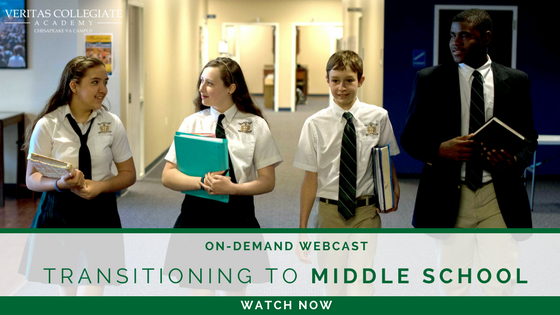In society today, our youth are being exposed to things beyond their capacity. In The Republic, Plato believed that media of the day needed to be censored for the guardians (leaders, warriors, etc.) and the youth.
This notion  should not be discounted just because Plato’s media of literature, art and music were different from modern media such as Snapchat, Instagram, Facebook and Twitter. We should seriously consider Plato’s idea even though our definition of media is different than his. Censorship of media and technology for adolescents should play a bigger role in our society.
should not be discounted just because Plato’s media of literature, art and music were different from modern media such as Snapchat, Instagram, Facebook and Twitter. We should seriously consider Plato’s idea even though our definition of media is different than his. Censorship of media and technology for adolescents should play a bigger role in our society.
Plato believed some stories could undermine society. In The Republic, he stated, “some tales are to be told, and others are not to be told, and others are not to be told to our disciples from their youth upwards.” Plato was referring to shielding the youth from certain content in literary compositions. He feared that hearing some stories would result in youth losing respect for those who are to be honored, or they would make the same error as in the story.
In society today, social media is playing a greater role in the life of young people, more than stories and books. We should give proper attention to the idea of censoring this new form of media.
The challenge is that each person’s level of censorship should be based upon their character and personal responsibility. Each individual has certain capacity, and each was raised in different circumstances.
Plato believed that the elders (heroes, kings, wise men, etc.) should censor the media to which the youth were exposed. He argued that by elders censoring certain media they could shape the minds of younger generations, so they would become future guardians and leaders.
His idea of a perfect guardian was one, “who is to be a really good and noble guardian of the State, will require to unite in himself philosophy and spirit and swiftness and strength.” This guardian was developed by censoring the types of literature and images exposed to the youth.
Where Plato believed that media should be monitored by elders of the State, I believe this is the duty of the parents. In Plato’s time, the elders included people such as heroes of the day, wise kings, true philosophers and those high up in the aristocracy. However, censorship by the State can be dangerous, and these individuals are also underqualified.
The parents are most qualified because they know their child and the child’s actions, whereas the government does not. While a government may be interested in the future generation, a government will never be as concerned about a child’s future as the parents are.
So, how much should social media be censored and where does the censorship stop? First, we must understand the reason that we should censor social media – to protect the minds, the innocence and purity of our children. There are many examples of innocent children attracted by social media who are tricked into unsafe situations that have lead to kidnappings, cyberbullying and even death. Additionally, images posted online can negatively affect a child, whereas their parents can explain a topic in a safe and responsible manner.
While parental censorship can be beneficial, people must not take it too far. If social media is overly censored, then children will become sheltered and never learn any real life lessons. Parental censorship of social media should train the child to become a mature young adult and to be capable of making their own decisions in the real world.
Plato’s thoughts on media censorship are both similar and different today. While literature, music and art of his time could have negative effects on the youth, technology today can reach far deeper and with greater speed to young impressionable minds. It was needed then in the Ancient Greece to guard the minds of the youth, just as it is needed today. But ultimately, the parents are best suited to protect the virtues, thoughts and relationships of their children.


.png?width=1920&name=VCA%20VA%20Logo%20White%20PNG%20(1).png)

